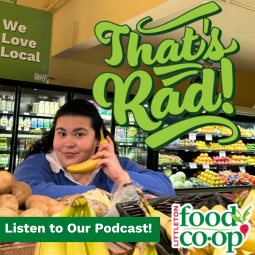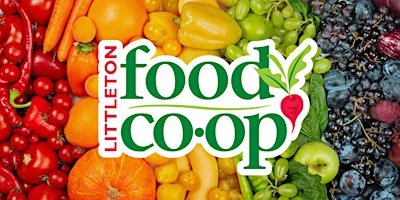
Producer: Alaffia
Founders: Olowo-n’djo Tchala and Prairie Rose Hyde
Location: Olympia, WA
Found at the Littleton Co-op: Hair and body care products
Website: alaffia.com
Our modern day food systems were built on the backs of People of Color (POC), particularly the Black community, without making room to acknowledge their important contributions. During the month of February, celebrated as Black History Month, we take intentional moments to celebrate Black entrepreneurs, inventors, and businesses that have shaped the way we eat, drink, and live. Supporting a vibrant and diverse producer network is a yearlong goal of the Littleton Co-op, and we are proud to highlight BIPOC (Black, Indigenous, and People of Color) voices. Read more about Littleton Co-op’s Diversity, Equity, and Inclusion (DEI) work here.
You know the story: boy meets girl; boy and girl feel called to do right by the world; boy and girl establish social enterprise cooperative. Okay, maybe that’s not *the* story, but it is the story of Alaffia. Co-founder Olowo-n’djo Tchala witnessed first hand unfair labor and profit distribution as a child watching his mother recieve mere pennies from harvesting valuable nuts from shea trees in Tongo, West Africa. Much later, he collided with Prairie Rose Hyde — then a Peace Corps volunteer, later his wife. Together, they formed a cooperative for West African women, similar to Tchala’s mother, to empower themselves, preserve Indigenous culture, and produce high quality skin and hair care products for people around the world. Alaffia is also a certified Fair Trade business.Today, Alaffia works with partner organization to contribute to maternal care, school construction, reforestation, and potable water projects in West Africa.
A purchase of Alaffia products benefit not only your body and/or hair, but also contributes to a more just world economic system. Send this to whoever dares to tell you next “it’s just a lotion, what’s the big deal?”

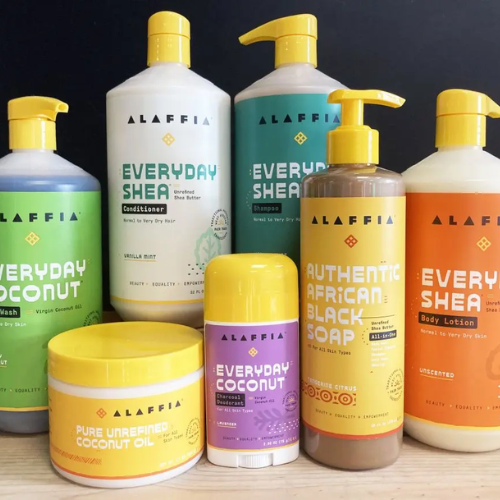

Status of product availability at the Littleton Co-op, and labeling of producers (such as local, Black-Owned Business, NH-made, etc) and product status or ingredients (gluten-free, vegan, etc) is based on available information at time of publication. The food world is an ever-changing landscape and information presented here may not reflect the most up-to-date information available.
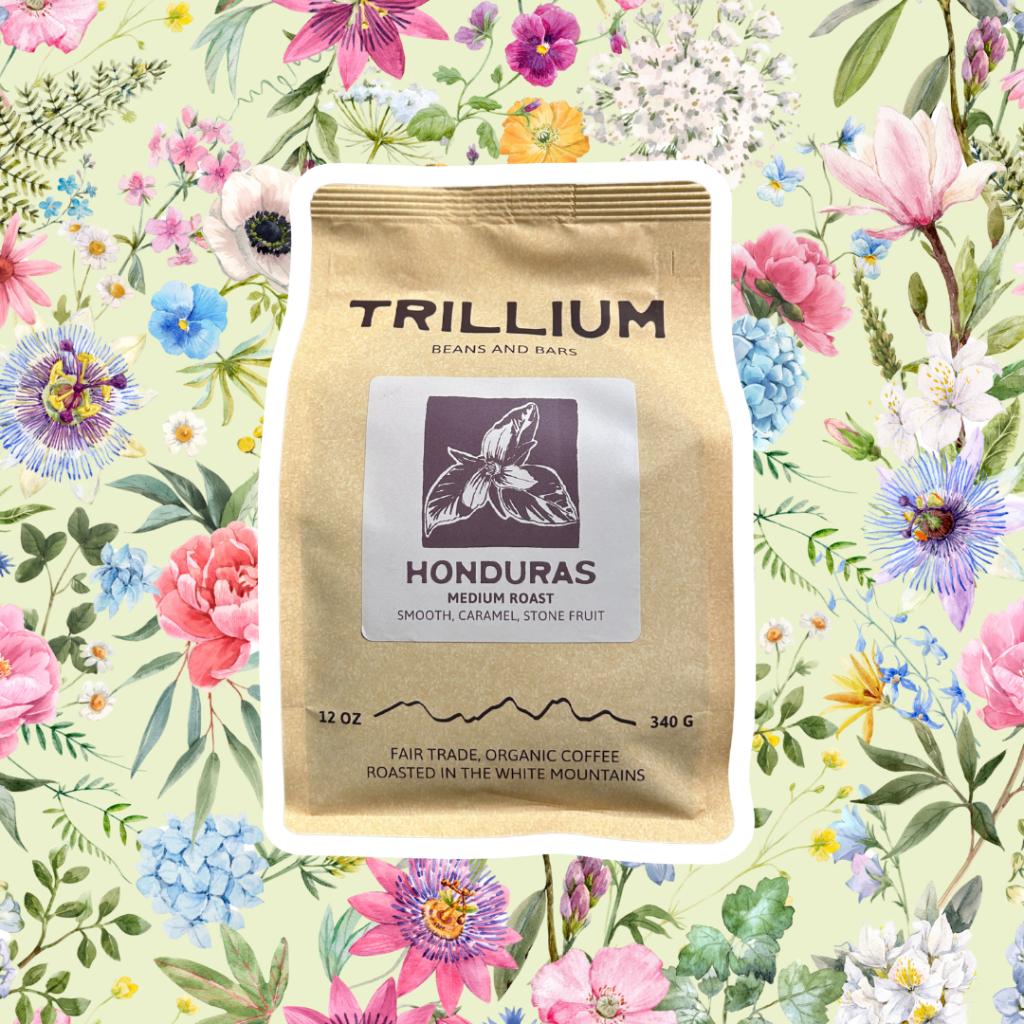
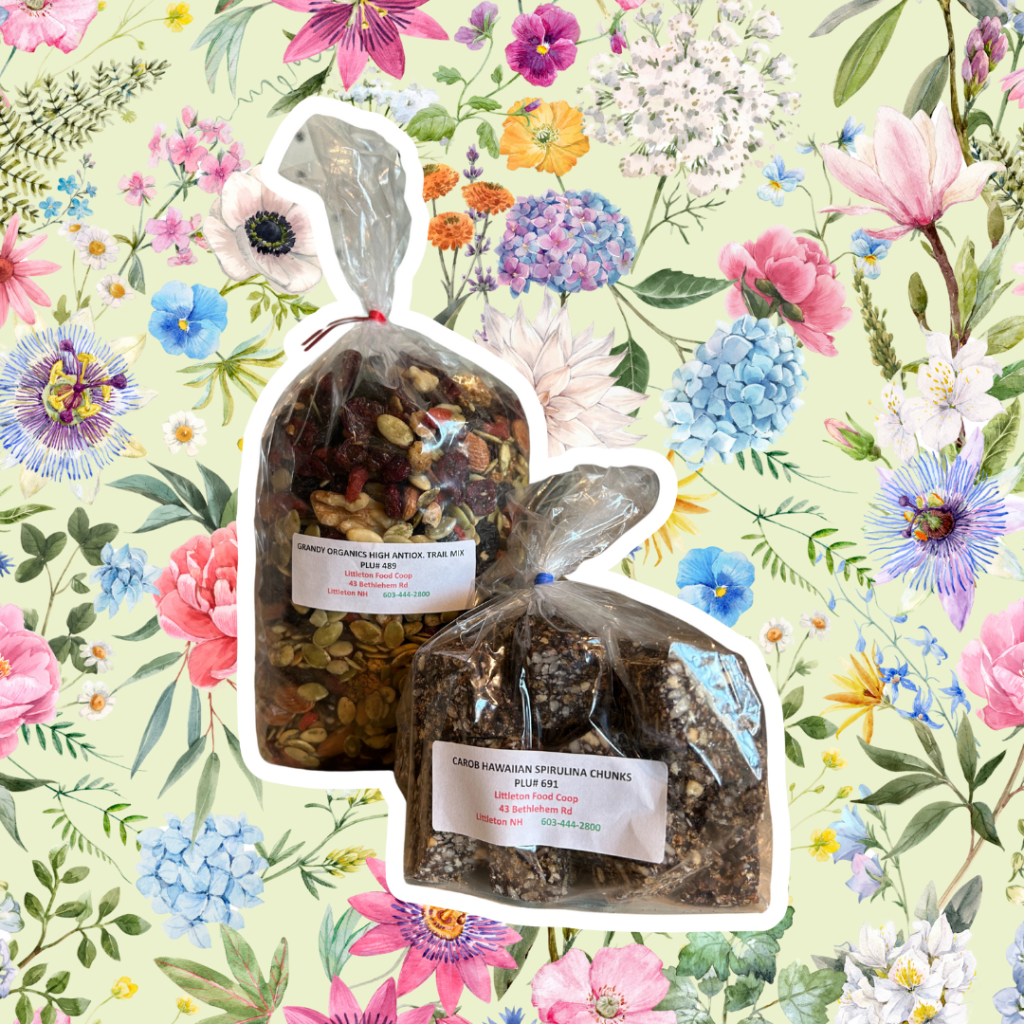


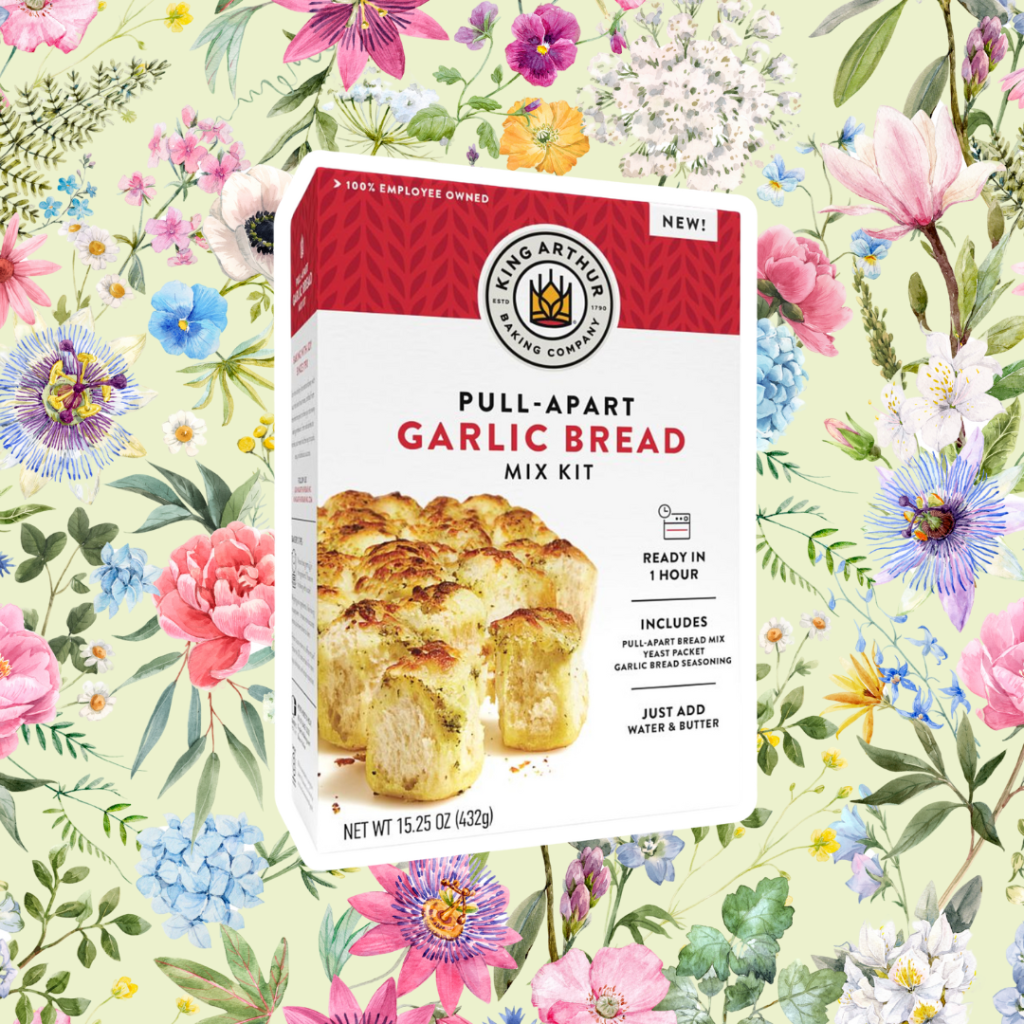





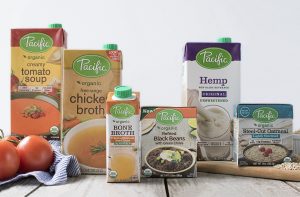

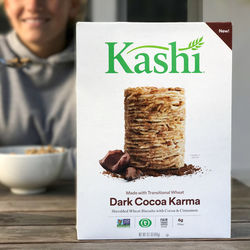



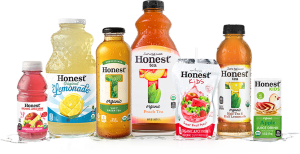


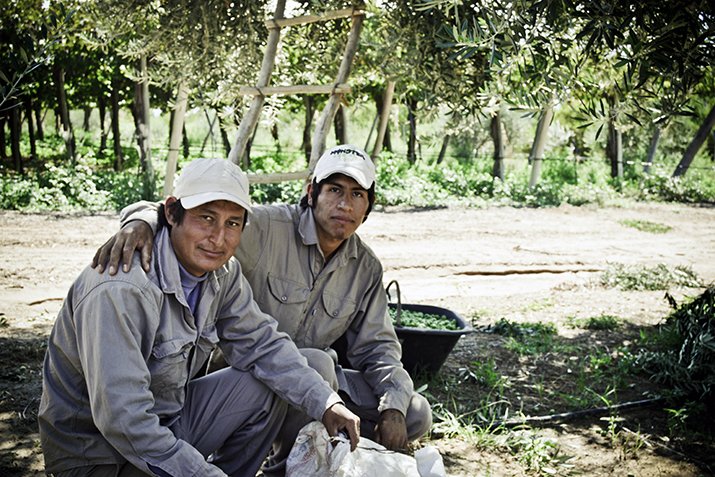
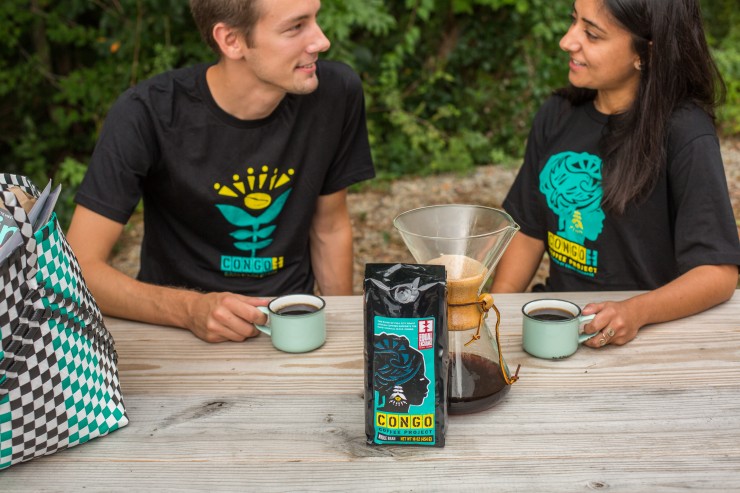
 Dr. Mukwege’s leadership, dedication, commitment and strong voice are truly an inspiration. The Panzi Hospital has become known as a safe place for survivors of sexual violence to seek treatment and heal from their trauma, as well as providing support to hundreds of women in their vocation program.
Dr. Mukwege’s leadership, dedication, commitment and strong voice are truly an inspiration. The Panzi Hospital has become known as a safe place for survivors of sexual violence to seek treatment and heal from their trauma, as well as providing support to hundreds of women in their vocation program.


